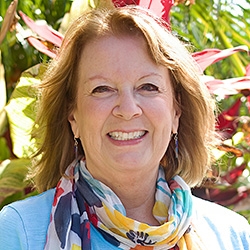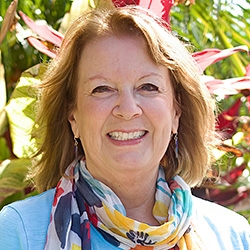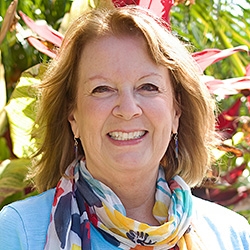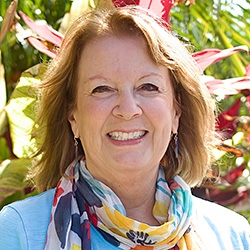

Search Results: compassion
-
-
-
-
-
-
-
Empathy alone can be unreliable in guiding compassionate action. As seen in historical events, military training, personal anecdotes, and scientific experiments, empathy alone may not prevent people from harming others. A sense of duty or obedience, often instilled through fear of punishment and shame, might inhibit empathic action. The antidote may be to fostering empathy without resorting to control, shame, or punishment.
-
-
There are many polarizing issues we can resist and fight over. The word "resistance" can mean fighting against what we don’t agree with in counterproductive ways. It can also be the illusion and futility of mentally fighting against reality of 'what is'. But acceptance, non-resistance, of what is doesn’t mean powerless resignation. Another way to resist is to accept and love whole-heartedly, with empathy and care for the people doing the things we are resisting.
-
The American mythos of Independence Day is that liberty, equality, and opportunity are for all. Yet since the country's formation, these needs have been for some at the expense of others. It started with the brutal robbery and genocide of Native Americans and slavery of Africans. And this theme continued for generations in various forms, including how we related to other peoples, countries, and the ecosphere. To achieve true justice, liberty, and opportunity for all we may need to overcome the ego's sense of separation. Compassionate noncooperation may also be key.
-
Are you a spiritual seeker who longs for an approach that supports compassion for self as well as profound spiritual transformation? If so, you’ll enjoy this telecourse recording with Robert Gonzales and Leo Sofer as they engage in dynamic discussions about NVC as a spiritual practice.
-
Trainer tip: Judging others can affect our ability to communicate effectively with that person, or enjoy the relationship. Translating the static judgments (enemy images) we have of others into our own and others' feelings and needs can help us move into greater understanding, healing, and relief -- which can foster compassion and connection. Read on for more.
-
- Cultivate thriving interpersonal relationships
- Discover paths to move beyond anger, blame, and judgment
- Connect with the Divine essence in other people
- Experience greater ease and joy in all your interactions
-
Discover how the perennial strength of compassion and the living energy of needs can help you develop resilience in order to remain present with yourself and others amidst today's challenges.
-
- Move beyond anger, blame and judgment…
- Make sense of the baffling or offensive people in your life…
- Deepen your compassion for yourself and others… and
- Transform your old thought and speaking patterns into new ones that inspire harmony and fun!
-
Trainer Tip: Even when it's tempting to coerce or match might with might, we can strive to meet our needs without negatively affecting others. Instead of convincing anyone to do it our way or to value the same things we value, we can focus on what we value: compassion among people and valuing everyone’s needs. By doing this we are actually more likely to meet our own needs and we are better able to live peacefully.
-
- 3 full-length courses to deepen your empathy practice
- Learn your body’s “language” and how to listen deeply to it
- Quickly reconnect and return to empathic presence when you are triggered
- Enhance your listening skills and experience greater ease and joy in all your interactions
-
- Look at your old patterns with warmth – while also opening yourself up to change.
- Increase your self-compassion – and gain a solid ground to stand on.
- Become intimate with your own survival strategies – and those of the people you love.
- Support healing and connecting in your long-term relationships – even when it seems there is no resolution in sight!
-
Hema Pokharna shares how truly becoming a healing influence in this world, requires we each be powerful in a balanced, spiritually mature and responsible way. To a large extent, we need to develop our own healthy way of being powerful, gratitiude is a key.
-
Empathy creates space for healing and clarity, transforming how care and understanding unfold.

Quick Links
Subscription Preferences
Stay In Touch!
Looking for ways to keep up with NVC Academy news, get special offers, free resources, or words of inspiration? Here are five ways to stay engaged:














